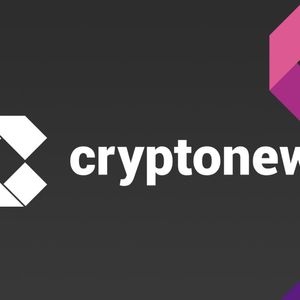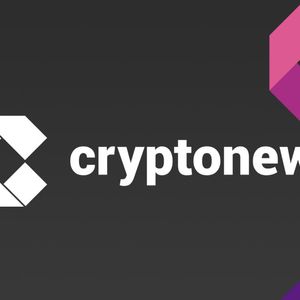As debate continues around Western Union’s choice to build on Solana, XRP analyst and EasyA co-founder Dom Kwok has drawn attention to what he describes as a major misconception about XRP’s role in the evolving payments landscape. The analyst pointed out that while market observers are focused on Western Union’s stablecoin partnership, the broader financial positioning of Ripple remains largely overlooked. According to Kwok, the focus on billion-dollar payment systems fails to capture the scale at which Ripple is now operating. He argues that recent strategic acquisitions by Ripple position the company to engage with trillions of dollars in institutional liquidity and settlement activity, making its market exposure far larger than that of traditional remittance firms. Ripple’s Expanding Financial Network Ripple’s recent acquisitions have attracted particular attention from analysts who see them as indicators of a deeper structural shift. These deals extend Ripple’s reach far beyond its previous partnerships with banks and payment providers. many of you have asked for my thoughts on the western union x solana announcement, so here they are. TLDR: billions are cool, but trillions are cooler. while western union handles billions of dollars each year, ripple is on its way to handling trillions of dollars each year.… — Dom | EasyA (@dom_kwok) October 29, 2025 Among the most notable of Ripple’s recent acquisitions are Hidden Road , a global prime brokerage that clears around $3 trillion in transactions annually. GTreasury , a multinational treasury management company that facilitates trillions in yearly payment flows across more than 160 countries. Ripple also acquired Rail, a rapidly expanding payments platform responsible for approximately 10% of all stablecoin-based transactions worldwide. Analysts view these purchases as more consequential than traditional corporate partnerships, as they give Ripple direct ownership and operational control over platforms that already manage vast liquidity volumes. This distinction is significant because acquisitions allow Ripple to influence infrastructure design and settlement mechanisms, key factors that could eventually determine whether XRP becomes the default asset used within these systems. XRP’s Role in Ripple’s Long-Term Vision Kwok highlighted that the company’s broader goal appears to center on integrating XRP as a settlement layer within this expanding ecosystem. By owning companies that already handle multi-trillion-dollar transactions, Ripple gains both the technological and strategic leverage needed to gradually embed the XRP Ledger into high-value financial processes. This perspective contrasts sharply with the public narrative surrounding Western Union’s recent collaboration with Solana. Western Union’s stablecoin, USDPT, will launch in 2026 to facilitate global money transfers and digital cash-outs, potentially managing over $100 billion in annual flow. While this development is noteworthy, Dom Kwok and other XRP advocates argue that it represents a much smaller scale compared to Ripple’s institutional ambitions. We are on X, follow us to connect with us :- @TimesTabloid1 — TimesTabloid (@TimesTabloid1) June 15, 2025 The Broader Industry Context Market commentator Scott Melker recently questioned whether XRP still holds relevance in the global payments market, noting that Western Union opted for Solana after earlier experiments with Ripple’s network. In response, Dom Kwok and other analysts urged observers to evaluate Ripple’s expanding control over institutional payment infrastructure rather than individual partnerships. Supporting this view, Flare Network CEO Hugo Philion has previously stated that Ripple’s direction points toward trading and asset management infrastructure, citing the acquisitions of Hidden Road and GTreasury as examples of this strategic evolution. Philion also emphasized that Flare’s interoperability and decentralized finance features complement Ripple’s broader ecosystem rather than compete with it. The takeaway from Kwok’s analysis is that Ripple is repositioning itself to participate in global financial systems measured in trillions, not billions. While public attention may gravitate toward headline-grabbing collaborations like Western Union’s, Ripple’s recent business moves suggest a deliberate effort to secure influence over the institutional frameworks that facilitate large-scale liquidity and cross-border settlements. In the analyst’s words, the market should not confuse short-term developments with long-term positioning. Ripple’s acquisition-driven strategy signals a transition from partnership-based collaboration to ownership of key financial pipelines, potentially placing XRP at the core of high-value global payment systems. Disclaimer : This content is meant to inform and should not be considered financial advice. The views expressed in this article may include the author’s personal opinions and do not represent Times Tabloid’s opinion. Readers are urged to do in-depth research before making any investment decisions. Any action taken by the reader is strictly at their own risk. Times Tabloid is not responsible for any financial losses. Follow us on Twitter , Facebook , Telegram , and Google News The post Expert Says Ripple Will Handle Trillions in Global Flows, Not Billions appeared first on Times Tabloid .














